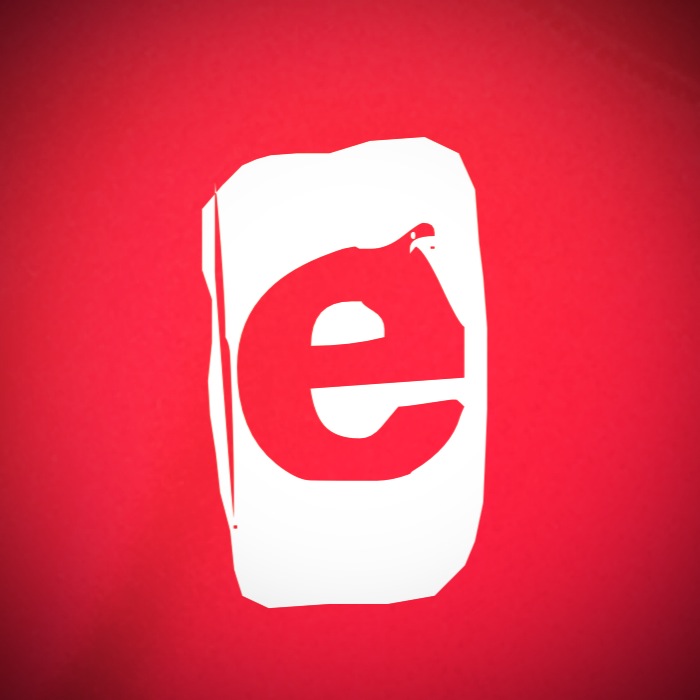 The Spanish language has its own day for celebration. And it’s so big that countries such as Japan, Turkey, Australia, Russia, and China have joined. I am talking about El Día E: La fiesta de todos los que hablamos español, a project that the Instituto Cervantes will celebrate for the fourth time on June 23th, 2012.
The Spanish language has its own day for celebration. And it’s so big that countries such as Japan, Turkey, Australia, Russia, and China have joined. I am talking about El Día E: La fiesta de todos los que hablamos español, a project that the Instituto Cervantes will celebrate for the fourth time on June 23th, 2012.
Why is everybody, including countries that don’t speak Spanish, are so excited about it? We are all aware of the importance of the Spanish language in the world. It is the second most spoken language on the planet and by 2030, 7.5% of the world population will be Spanish speaking. Because of this, El Día E will be “a day each year where we are going to feel the tie of our common language”.
Celebrities and their favorite Spanish word
In 2011, more than 30 renowned personalities from music, art, literature, science, sport, and fashion submitted a video of their favorite Spanish word for people to vote. The winner: Querétaro, the name of a state in Mexico, submitted by Mexican actor Gael García Bernal. Watch all the videos here.
These words inspired a new initiative for this year. The contest was for students from the Instituto Cervantes New York to create a Twitter Short Story no more than 140 characters long, using last year’s top 10 voted words. All the winners’ stories will be revealed and published on June 8th on Twitter @eldiae.
Speaking Latino and El Día E
Conscious about the language that is spoken in 21 countries and the differences that make them unique, Speaking Latino joins El Día E celebration. Starting today we are featuring a countdown on our website, and our Facebook Fan Page will be the platform to share interesting facts about the Spanish language. We also prepared a series of posts called Warming Up for El Día E: Posts to Improve Your Spanish that will be published during the following weeks. These posts explore some of the grammar and tricky vocabulary aspects of Spanish.
Posts in this series to celebrate El Día E:
- Join the Celebration of El Día E
- To Ask for Something or To Ask a Question: PEDIR and PREGUNTAR
- The Spanish Words for TO KNOW: SABER versus CONOCER
- The Many Ways to Move in Spanish: MOVERSE, MUDARSE, TRASLADAR
- How to Translate the Conjunction BUT to Spanish: PERO and SINO/SINO QUE
- The Distinction Between PARECER and PARECERSE
- Using the Verb HACER to Express Periods of Time
- 4 Ways to Use the Preposition CON in Spanish
- 13 Cool and Interesting Facts About the Spanish Language
Check out these other articles about the Spanish Language.